_001.jpg) Often when discussing religion, one hears the statement that none has the right to judge anyone else’s beliefs, or that religion is a person’s private matter and we can not say that it is wrong or right. Throughout history, societies have based their laws and ethics upon “absolute truths” which they deem to be “right”, and this is either a result of an exterior text regarded as supreme, or of the trait found in the innate nature of humans that causes them to see certain things as good and others as evil. Humans, to a limited scale, can see certain things as good and evil. For example, all humans, left to their natural state without perversion of the mind, will see feces and urine as filthy. Also, certain deeds, like stealing, killing and lying are also known to be evil, while truth, sincerity, and honor are seen to be lofty. This is a result of a trait that was created in all humans, but as mentioned above, this sense is limited.
Often when discussing religion, one hears the statement that none has the right to judge anyone else’s beliefs, or that religion is a person’s private matter and we can not say that it is wrong or right. Throughout history, societies have based their laws and ethics upon “absolute truths” which they deem to be “right”, and this is either a result of an exterior text regarded as supreme, or of the trait found in the innate nature of humans that causes them to see certain things as good and others as evil. Humans, to a limited scale, can see certain things as good and evil. For example, all humans, left to their natural state without perversion of the mind, will see feces and urine as filthy. Also, certain deeds, like stealing, killing and lying are also known to be evil, while truth, sincerity, and honor are seen to be lofty. This is a result of a trait that was created in all humans, but as mentioned above, this sense is limited.
If one says that they do not have the right to judge other’s beliefs or actions, they are, in fact, contradicting themselves. If you were to ask many of these people whether killing infants or suicide is correct and acceptable, they will naturally answer that it is not. But when we look into certain societies, such as some religions found in Central America, infanticide was seen to be a way to draw near to their gods. Also today, in Hindu religion, it is praiseworthy for a wife to kill herself after the death of her husband. If they truly believe that religion is something left to the individual and that none have the right to interfere or judge them, then this would necessitate allowing that killing babies is something which is correct to those who believe it is praiseworthy, and that people have no right to judge them.
If we were to bring this issue to an individual level, we would see that each person has their individual perception of good and evil, whether this perception is based upon religion, law, culture, or individual contemplation. One might believe that it is perfectly acceptable to commit adultery while another might think it to be wrong. One might believe that it is permissible for them to indulge in narcotics since it is their own body, and others might believe it to be a crime. None would be able to say that anything is right or wrong, and all people would be left to their own devices to believe and practice what they perceive as “correct.”
If we were to implement this belief in society, we would have a community based upon anarchy, where no laws could be legislated nor executed, for law is based upon the principle that certain things are to be good and others are evil. If one were to say that there are certain truths agreed to by all humans which can be used to legislate laws, this statement is true to a certain limit, as we stated that all humans do naturally have a trait to know right from wrong in a limited sense. But as seen, this trait many times becomes perverted through environmental, psychological, or religious factors, in that certain acts which were at one time seen as evil and immoral are later seen as sound and acceptable, and some things which do not accord to human nature are seen to be the keys to salvation. This can be clearly observed in democratic societies which base their laws on the majority. We see that many things which were considered to be outright absurd or immoral are now socially acceptable, to the extent that if one holds a different opinion in regards to the issue, they are seen as outcasts.
For this reason, humans cannot be left to their own accords to legislate what is correct and incorrect. Even in societies of the same religion which have instituted the separation of religion and state, although they are in agreement to those things which they maintained from their religion, they differ greatly in regards to what is deemed correct and incorrect in their societies. What is considered as the legal age of consent to sex in France is considered rape in America. While abortion is legal in one country, it is a crime in another, and when homosexuality is seen as a valid way of life in one society, it is seen as a grave sin in another.
So if we now say that the truth is absolute and one and is not relative to each individual and society, then the next question is what are the morals which make truth manifest and who is to decide them? What are the laws which should be implemented in society? Should they be decided by lawyers and judges who have reached a level of “legal enlightenment”, politicians who usually make decisions for their own benefit or the benefit of their own countries, or philosophers which have come to know the universal truths through their own contemplation? As seen earlier, humans cannot be left to decide these issues, lest there be catastrophic results, as seen today in many societies ridden with numerous ills. The only One who has the right to legislate right and wrong is the One who created us and knows what is best for us, and that is God Almighty. It is God who created the world and it is God who set the scales of justice. It is God who is perfect and it is God who has no faults whatsoever.
Most of our discussion has dealt with the issues of belief which deal with morality and deeds, but what is even more important is those beliefs which deal with God, and this will be discussed in the following article. -islamreligion.com





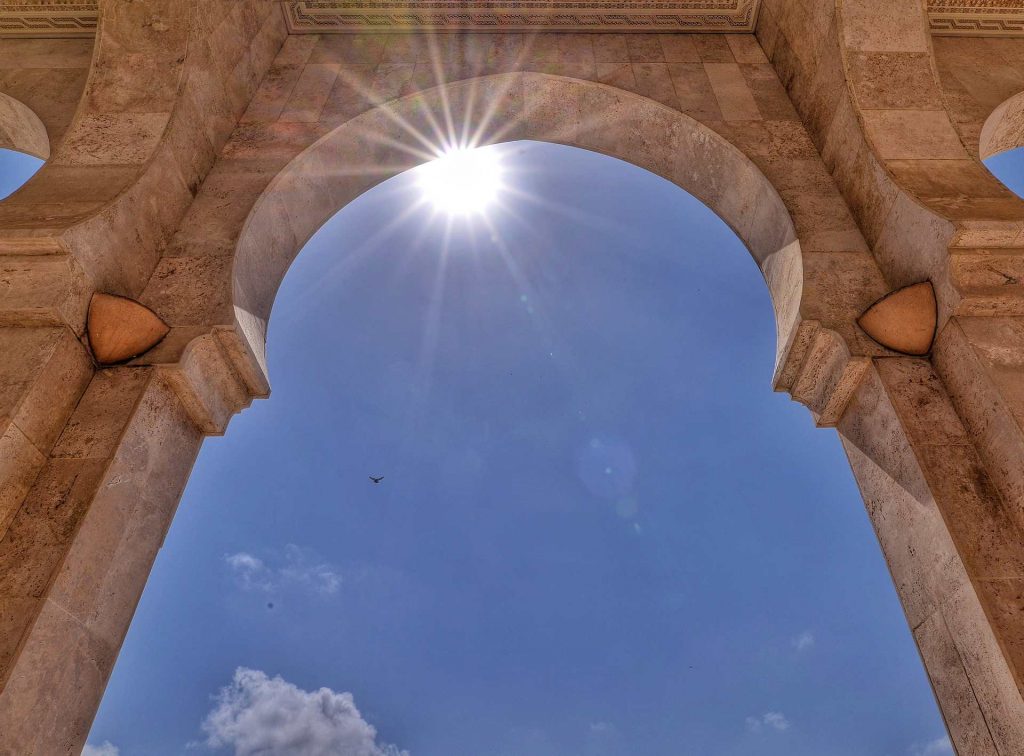
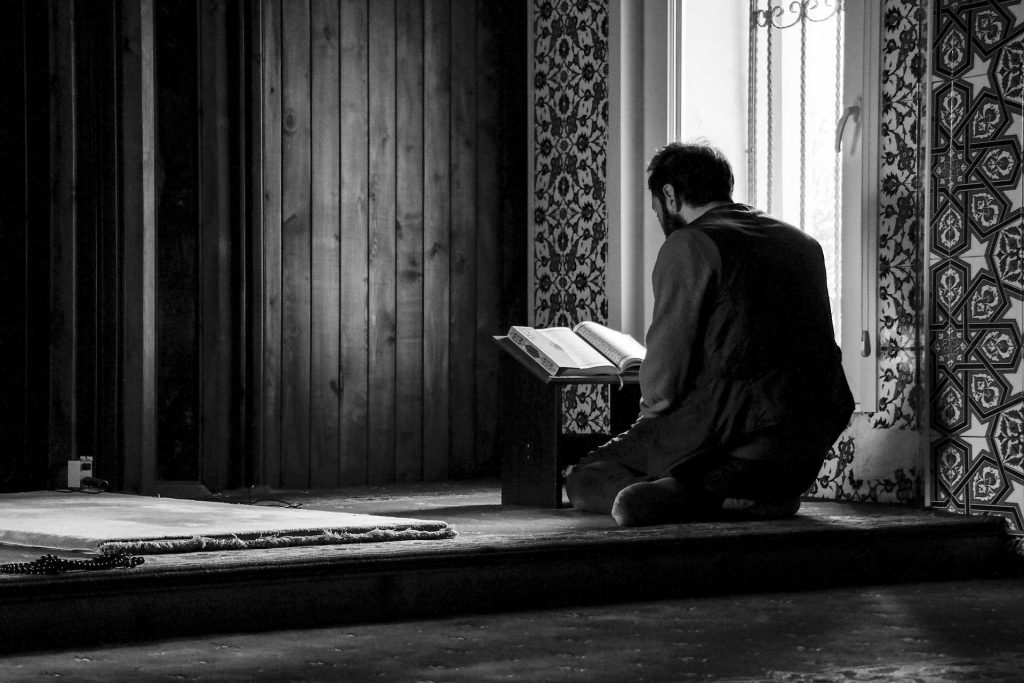

 One of the most distinguishing features of the Muslim is his deep faith in God and his conviction that whatever happens in the universe and whatever befalls him, only happens through the will and the decree of God. The Muslim is closely connected to God, constantly remembers Him, puts his trust in Him and is obedient towards Him.
One of the most distinguishing features of the Muslim is his deep faith in God and his conviction that whatever happens in the universe and whatever befalls him, only happens through the will and the decree of God. The Muslim is closely connected to God, constantly remembers Him, puts his trust in Him and is obedient towards Him.

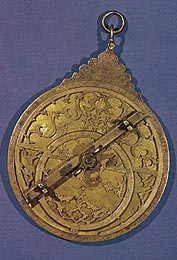
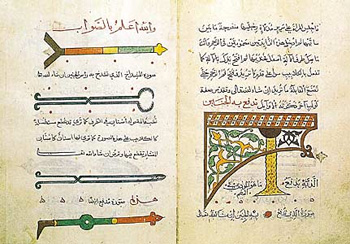
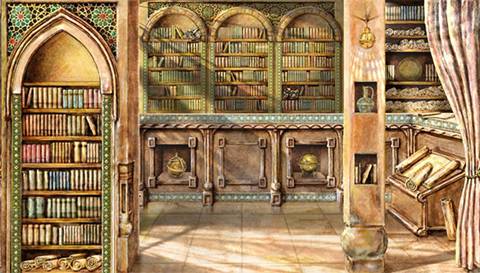
 Religion, or faith, is often considered to be directly opposed to reason. Many people see reason and religion as completely different concepts. Faith is usually defined as confidence or trust in a person or thing, not necessarily based on proof, while reason is described as sound judgement, good sense, and the ability to think a problem through logically. However, we need to look beyond these basic definitions because only then will we discover that Islam considers the faculty of reason to be a fundamental and necessary part of faith.
Religion, or faith, is often considered to be directly opposed to reason. Many people see reason and religion as completely different concepts. Faith is usually defined as confidence or trust in a person or thing, not necessarily based on proof, while reason is described as sound judgement, good sense, and the ability to think a problem through logically. However, we need to look beyond these basic definitions because only then will we discover that Islam considers the faculty of reason to be a fundamental and necessary part of faith.